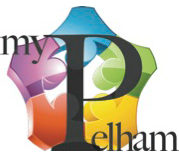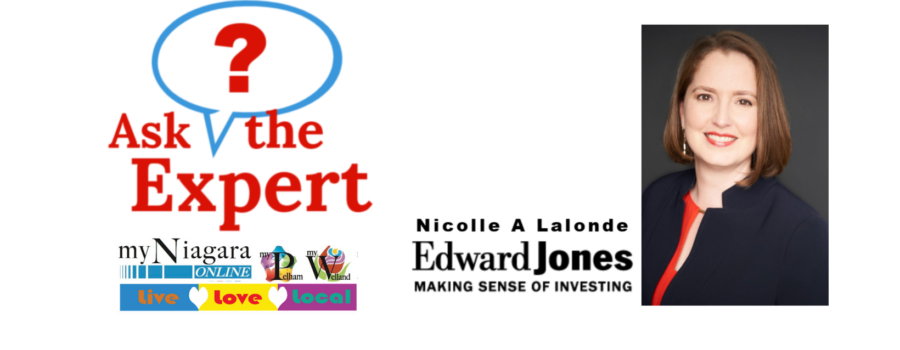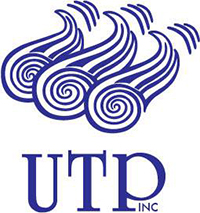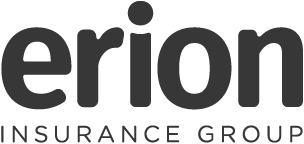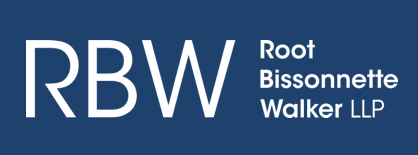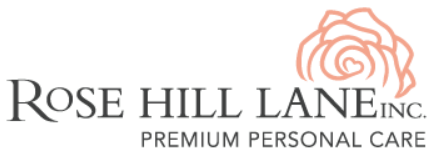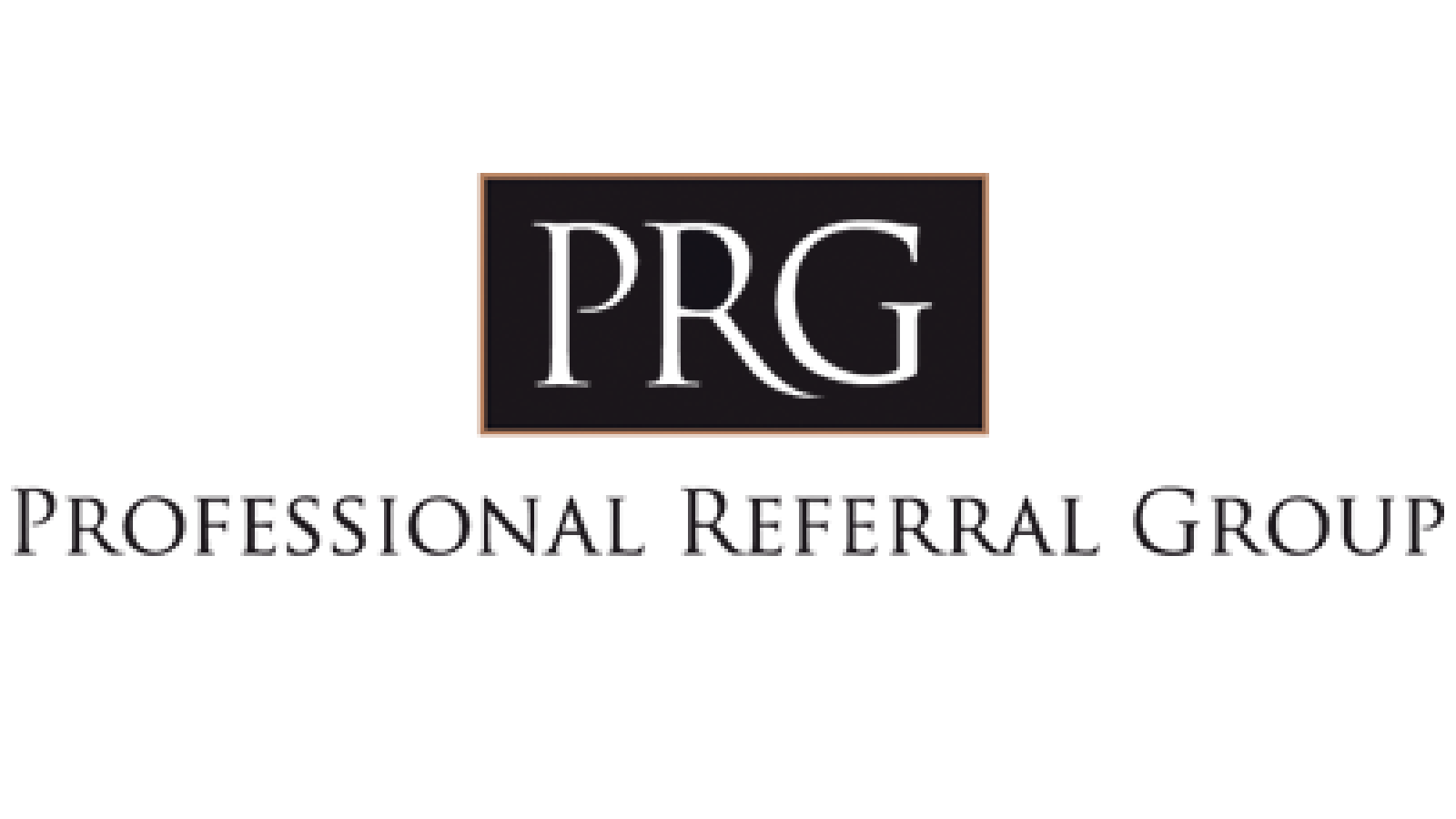We can all benefit from boosting our financial knowledge.
But what is financial “knowledge”? There’s no single definition, but the term certainly covers these areas:
- Saving – Most of us would probably agree that saving money is important, but actually doing it can be challenging given all the expenses of modern living. Still, techniques are available that everyone can follow, such as having money automatically moved each month from a checking account to a financial account that’s not used for daily expenses.
- Budgeting – Budgeting is an important foundation – and it’s easier than ever, given the variety of budgeting tools available online. By tracking your spending every month and organizing it into categories, you may be able to find areas where you can cut back, such as on streaming services you rarely use.
- Borrowing – Virtually all of us carry some type of debt at various times in our lives. But it’s important to manage your debt load so it doesn’t become too burdensome. One way of achieving this goal is to use “good” debt wisely — such as a low-rate mortgage on your home — and avoid “bad” debt — such as high-rate credit cards used for unnecessary purchases.
- Investing – As you go through life, you’ll likely have a variety of financial goals, such as buying a home, sending your children to school or attaining a comfortable retirement lifestyle. To achieve these goals, you’ll need to invest for them. That’s why it’s important to learn about different types of investments and how to develop an investment strategy that’s appropriate for your objectives, risk tolerance and time horizon.
We aren’t born with these skills — we have to learn them. Unfortunately, as valuable as they are, they aren’t widely taught to young people, creating an acute need to upgrade one’s financial knowledge later in life. According to our recent survey, most Canadians feel they did not receive an adequate level of financial education during their time in school with 64% saying they did not learn about money management in school, 23% saying it was touched on but they didn’t learn much, and 41% saying they learned nothing about it at all. This situation may be changing, though, as many provinces are now requiring or recommending personal finance education before high school graduation.
If you are interested in broadening, or brushing up on your financial knowledge, we invite you or a loved one to take advantage of our complimentary Financial Fitness for Canadians program. Our program features short, interactive online courses that you can access anytime, anywhere. Topics include debt management, buying a home, the basics of Canadian income taxes, and how to have conversations with family about money. These are available to Canadians of all ages and backgrounds. To learn more visit edwardjones.ca/financialfitness.
You might also find it valuable to work with an Edward Jones financial advisor — someone who will take a holistic approach to your finances and make appropriate recommendations based on your unique and personal financial circumstances. Reach out to me to see how we do money differently and how I can help you reach your financial goals.
This article was written by Edward Jones for use by your local Edward Jones Financial Advisor, Nicolle Lalonde.
 Back to myNiagaraOnline
Back to myNiagaraOnline